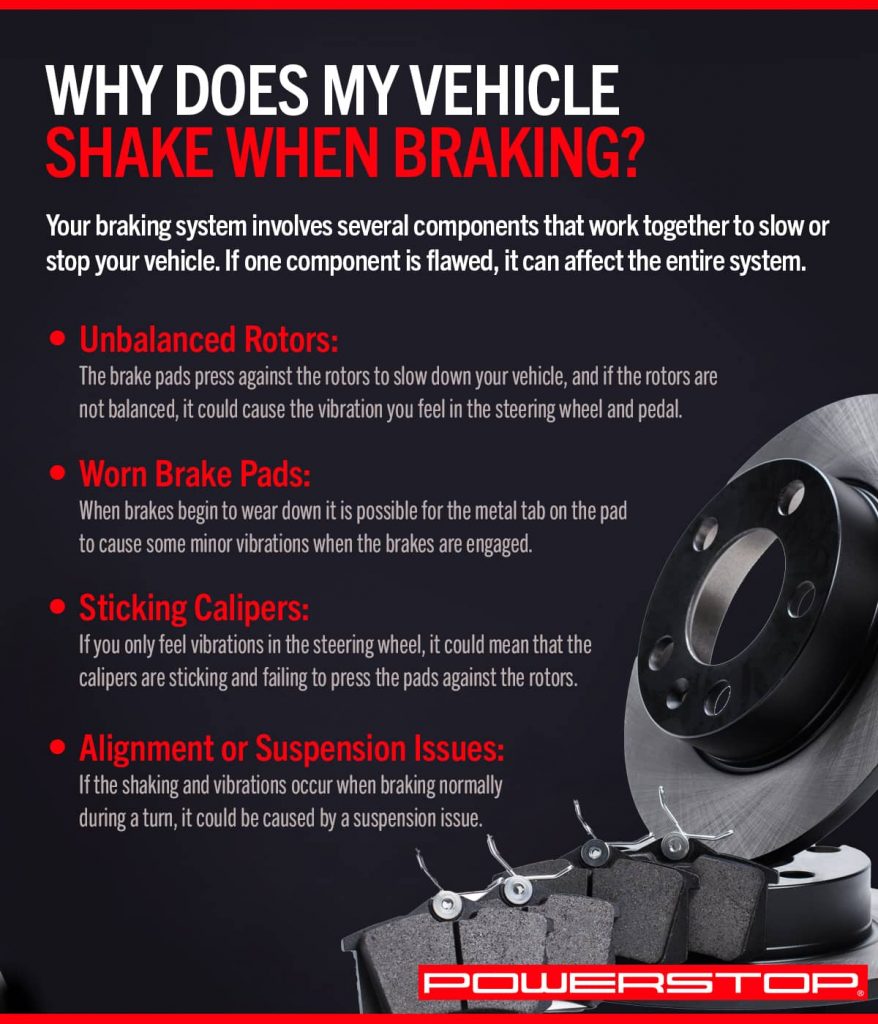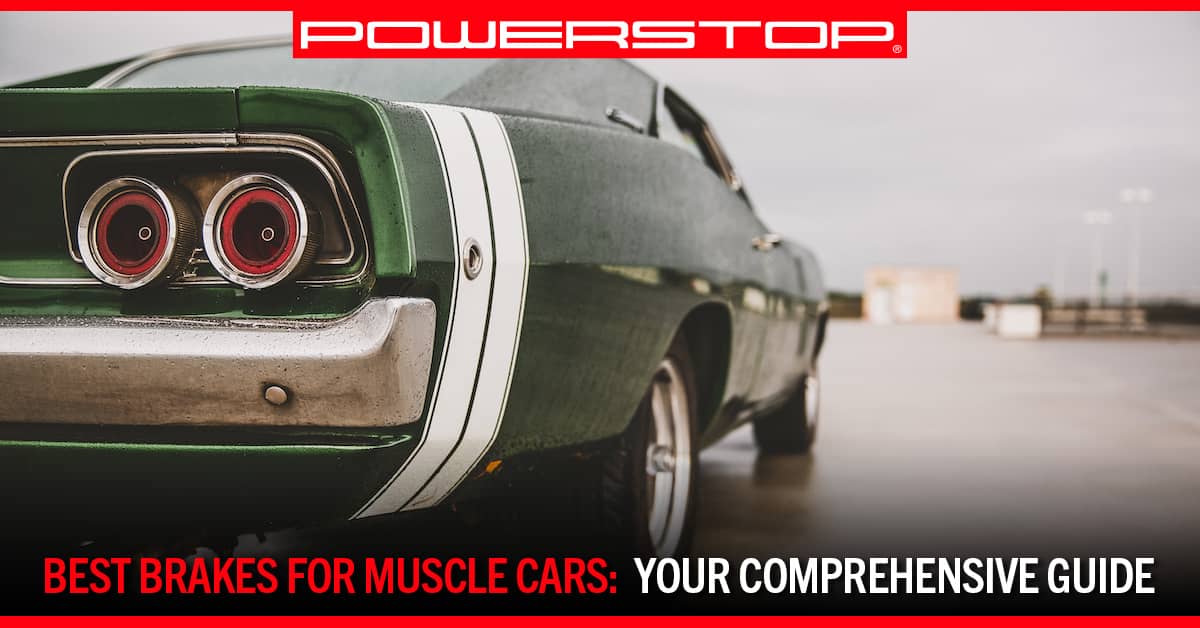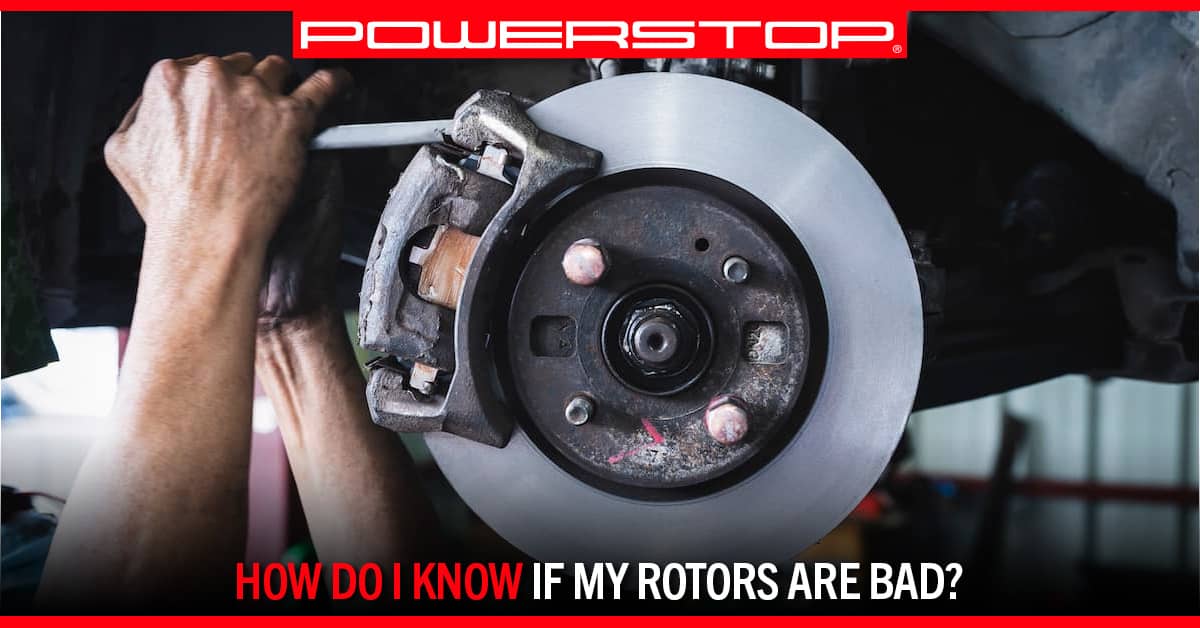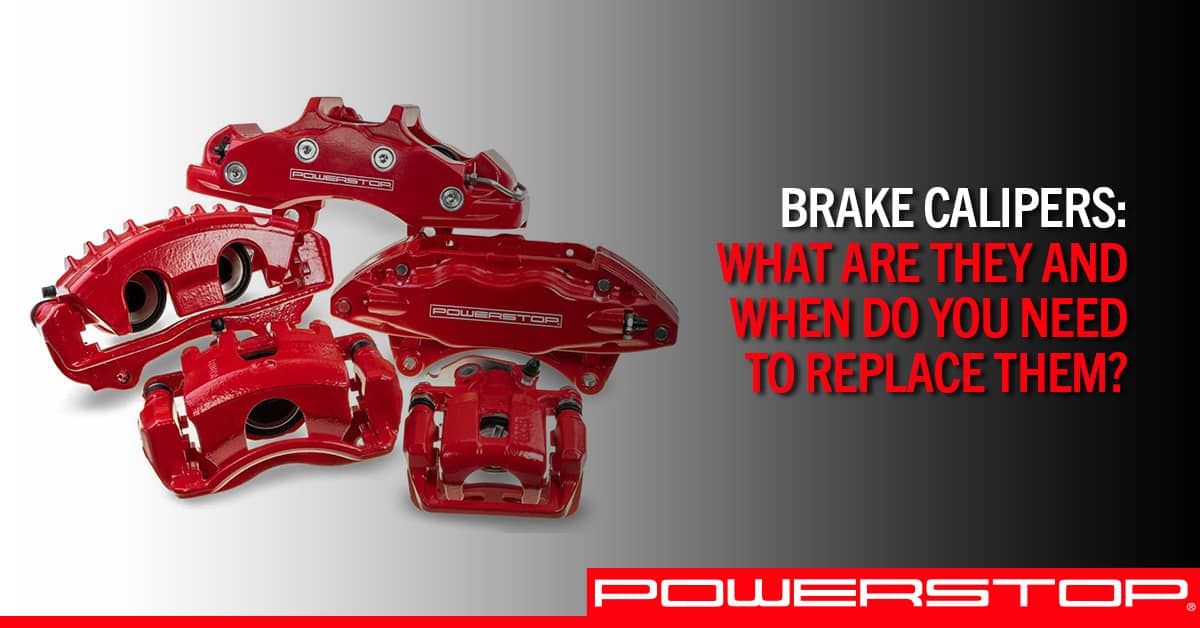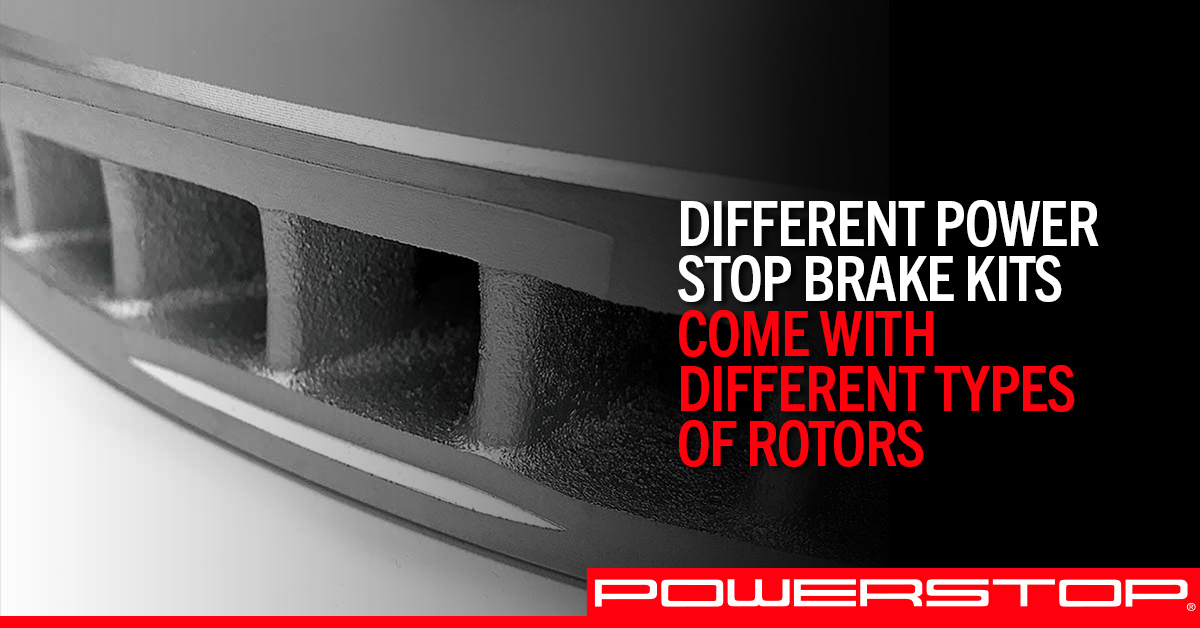
A Mill Balanced Notch in Brake Rotors Reduces Vibration While Driving
Depending on what type of brake rotors you have, you may notice small notches on the side of them. Those milled areas are a result of the process used to balance rotors, called “mill balancing”. A mill balanced brake rotor reduces vibration and is meaningful to the entire brake system.
What Is a Rotor Imbalance?
An imbalance is when one side of a rotor is heavier than the other side. Brake rotors are made from castings. Imbalance exists in a rotor when the mass center axis is different to its running center axis.
Any casting that has surfaces that are not machined (such as the cooling vanes inside of a vented rotor) is subject to imbalance. Imbalanced brake rotors can cause the driver or other passengers to feel vibrations when a vehicle is in motion. Additionally, not only can imbalanced brake rotors lead to accelerated bearing wear, but the braking components themselves will wear down faster with an imbalanced rotor.
What Is Mill Balancing?
A mill balancing machine is a single piece of equipment that spins the brake rotor at high speeds and measures for imbalance as it is spinning. If an imbalance is present, the machine uses a milling blade to notch the “heavy” side of the rotor on the edge. The notching is placed between the friction contact areas to avoid interference with the brake pads during operation. The machine mills out just enough material that the weight of the milled material equals the amount of imbalance. The machine then spins the brake rotor at high speeds again to verify the balance of the brake rotor.
It is worth noting that some brake rotors may not have a notch on the edge. However, the brake rotors were still checked for balance and checked out okay before being passed through to the next phase of manufacturing.
Why Does My Vehicle Shake When Braking?
While driving, you could feel your vehicle shake for a variety of reasons. Worn tires, for example, are a common cause of vehicular vibration. However, if you specifically experience vehicular shaking when you press the brake pedal, it is most likely a problem with your braking system.
Your braking system comprises multiple components that work together to slow or stop your vehicle. If one component is flawed, it can affect the entire system. It’s important to identify to root cause of brake-related shaking and correct the issue as quickly as possible.
Some reasons why your vehicle may shake when braking include:
Unbalanced Rotors
If you feel your steering wheel or brake pedal shake or vibrate, the issue could be related to your rotors. The brake pads press against the rotors to slow down your vehicle, and if the rotors are not balanced, it could cause the vibration you feel in the steering wheel and pedal. When this occurs, it’s a good idea to have a technician evaluate if your rotors are properly balanced.
Worn Brake Pads
Worn brake pads are another common cause of a shaking vehicle. Brake pads are intended to be routinely replaced after they wear down. When brakes begin to wear down, the brake pad’s wear indicator emits a high-pitched squeal, indicating that it’s time to replace it. It is possible for the metal tab on the pad to cause some minor vibrations when the brakes are engaged.
Sticking Calipers
When you press the brake pedal, brake fluid is forced through the brake lines, creating hydraulic pressure. This pressure forces the calipers to press the brake pads, which then causes the brake pads to press against the rotor and slow down your vehicle. If you only feel vibrations in the steering wheel, it could mean that the calipers are sticking and failing to press the pads against the rotors.
Alignment or Suspension Issues
When vehicles are out of alignment, they can shudder when the brake pedal is engaged. A misaligned vehicle can damage vital suspension components and cause premature tire wear. Additionally, suspension components such as ball joints, tie rods, and wheel bearings can wear out due to normal wear and tear over time. The overall braking experience can be affected when these components wear out. If the shaking and vibrations occur when braking normally during a turn, it could be caused by a suspension issue.
Have a Question? PowerStop Can Help
At PowerStop, we are committed to providing top-quality performance brakes for every vehicle on the road. If you have a question about any of our products, contact us today online or toll-free at (888) 863-4415. Our customer service team is available to answer your questions Monday through Friday from 8 a.m. to 5 p.m. (CST). Se habla español.
Back

